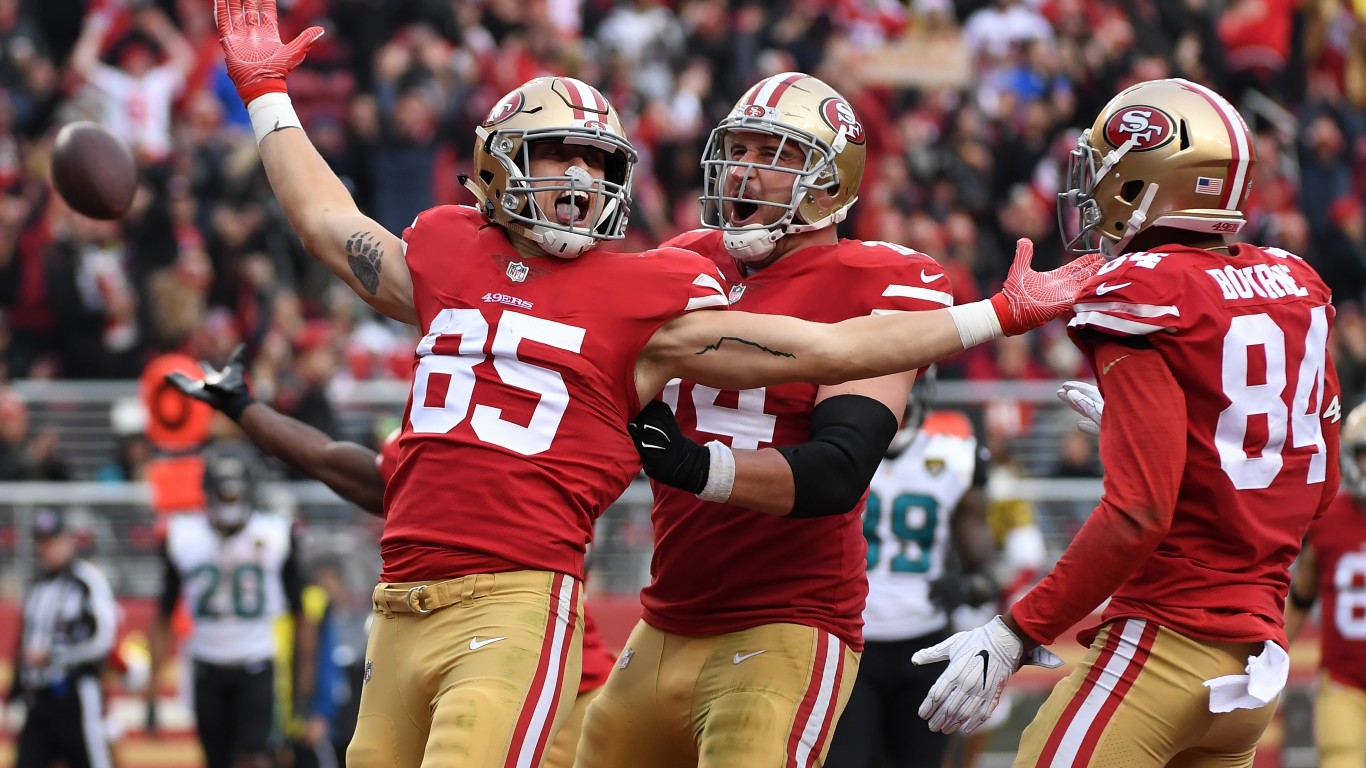GameStop’s (GME) impressive earnings guidance yesterday was rocket fuel for the stock, which was up more than 10% for most of the day and closed at an all-time high of $31.16. The effect of yesterday’s news was much more muted on the major publishers, as Electronic Arts (ERTS) and Activision (ATVI) were up about a percent.
GameStop CEO R. Richard Fontaine made the interesting comment that the latest console cycle will be “deeper, wider, and longer than any previous period of console introductions”. Investors in both hardware and software sides of this cycle should be keeping their fingers crossed for this result, as this generation of products has proven exceedingly costly.
One needs to look no further than Sony for evidence of this, as the PS3 has been a crippling experience for the company. Even deep-pocketed Microsoft has to be hoping that consumers are satisfied with the current generation of products for a few years – at minimum. It’s in the best interest of all parties to see software publishers experiment with styles, trends, and franchises, and really expand into this current cycle before rushing off to get ahead of the “next-next” gen products.
One promising sign has been the extended shelf life of the Playstation 2, which sold 295,000 units in February – 50,000 more units than even the Xbox 360 moved in that month. Oh yeah, and also more than twice the 127k PS3 consoles sold in the U.S. Wii is still on top, selling 335,000 units in February.
Total hardware sales for the first two months of the year came to about 4 million, but this number is a bit skewed as it counts portable sales as well. A simple extrapolation of the Feb. numbers would get us to a number for annual hardware sales of 12 million units, which could make GameStop’s internal estimate of 5 million seem quite conservative in hindsight.
This could be good news for GameStop, but what about the publishers? There aren’t a lot of clean names to invest in at the moment, especially amongst the leaders. Electronic Arts is probably the safest play on a strong, extended software cycle, but they’ve had to play catch-up after overplaying their PS3-based hand. They have enough money to throw at their “Wii problem” to fix it, but it will take some time for the results to show.
Take-Two (TTWO) stock is dominated by the pending shareholder takeover, and no amount of perfume is going to take that smell away for now. Activision’s stock has been the one to own of late, but now trades for 34x forward earnings and will need to beat earnings solidly to send the stock upwards with any force.
Midway suffers from a lack of attractive content, and of course there’s majority owner Sumner Redstone to contend with. Nintendo, for all of their genius, is largely un-investable.
It will be worth paying attention to how long the Playstation 2 remains a strong seller, as this could set the precedent for what kind of legs the current cycle will have, ultimately the biggest determinant for the earnings of software publishers in the next five years.
Ryan Barnes
March 28, 2007
Travel Cards Are Getting Too Good To Ignore (sponsored)
Credit card companies are pulling out all the stops, with the issuers are offering insane travel rewards and perks.
We’re talking huge sign-up bonuses, points on every purchase, and benefits like lounge access, travel credits, and free hotel nights. For travelers, these rewards can add up to thousands of dollars in flights, upgrades, and luxury experiences every year.
It’s like getting paid to travel — and it’s available to qualified borrowers who know where to look.
We’ve rounded up some of the best travel credit cards on the market. Click here to see the list. Don’t miss these offers — they won’t be this good forever.
Thank you for reading! Have some feedback for us?
Contact the 24/7 Wall St. editorial team.



